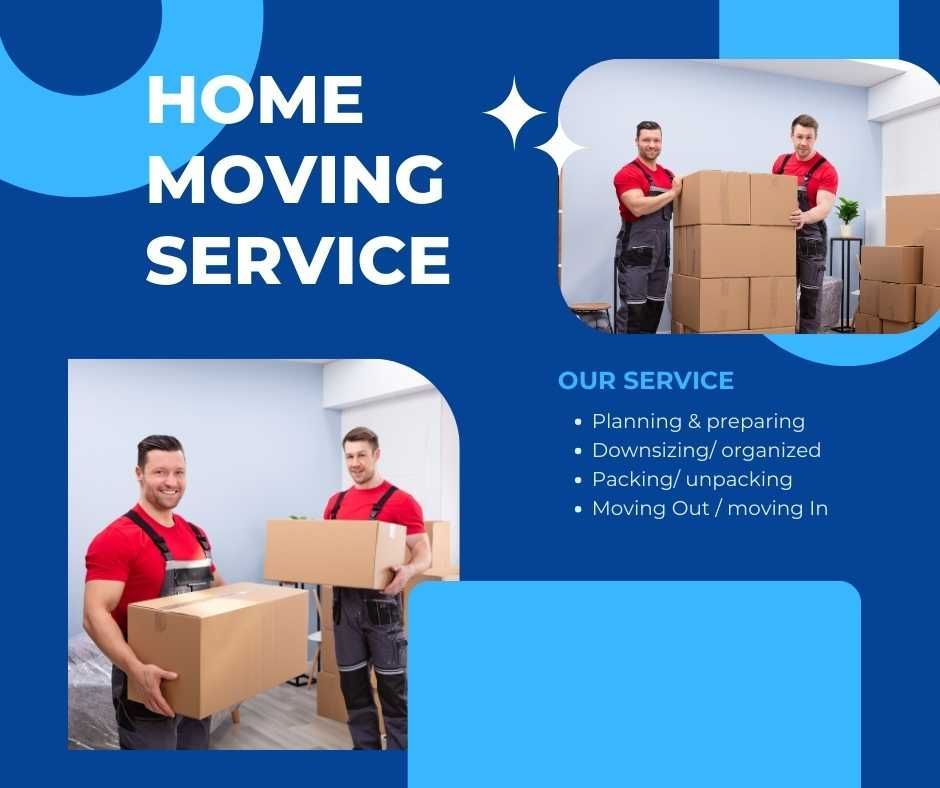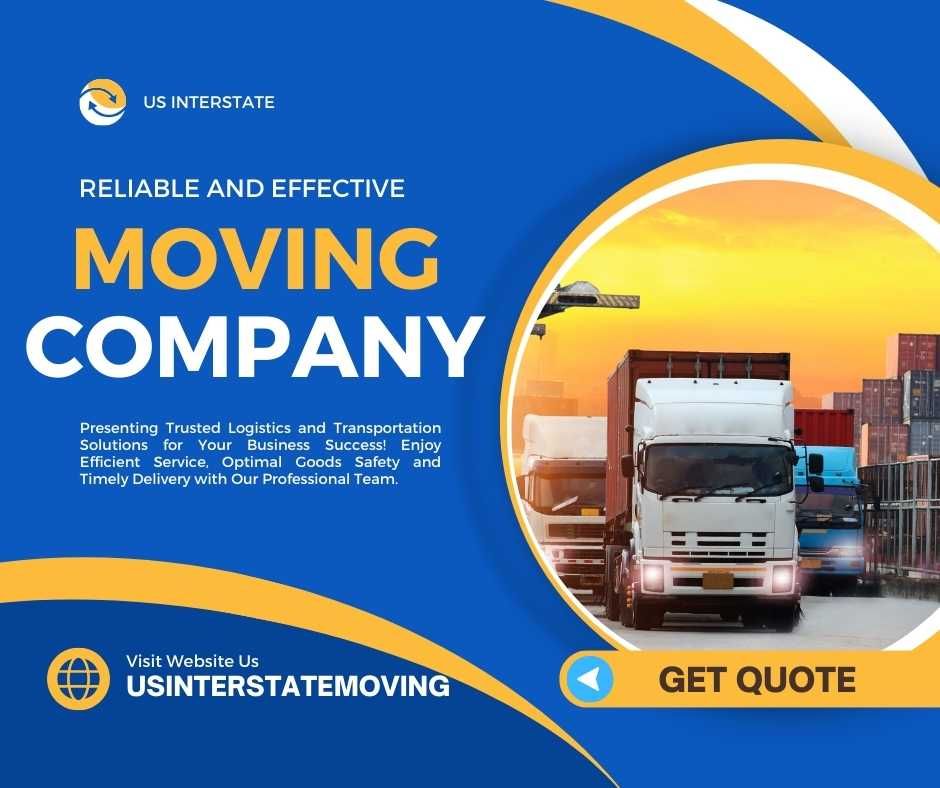What Is Corporate Relocation? A Guide To Business Relocation
What Is Corporate Relocation? A Guide To Business Relocation
Corporate relocation, a term that holds diverse meanings across different sectors, fundamentally refers to the process wherein an employer supports an employee's work-related move. This support can range from subsidizing the costs to providing comprehensive relocation services. As a standard business practice and a specialized employee benefit, corporate relocation represents a significant sector, valued at approximately $25 billion annually.
Purpose and Benefits of Corporate Relocation
The primary aim of corporate relocation is to facilitate the seamless transfer of employees and their families from one location to another—effortlessly and economically. By minimizing the disruption associated with moving, the relocated employee can quickly resume productivity in their new role. This swift adaptation not only benefits the employee but also helps the organization maintain operational continuity.
Corporate Relocation as a Talent Management Strategy
Beyond logistical support, corporate relocation serves as a critical talent acquisition and management tool. Employers utilize relocation benefits as an incentive for attracting top talent and as a strategic method for optimizing their workforce. Offering relocation packages can make positions more appealing to prospective employees and is often a deciding factor for candidates considering a job offer.
Furthermore, corporate relocation is employed as a strategy for internal talent development. By relocating proven employees within the organization, companies can fill essential positions with trusted staff, ensuring consistent performance across geographically diverse locations. This practice is also extended to new hires and sometimes interns, reflecting its utility as both a hiring tool and a mechanism for fostering internal growth and development.
Corporate Relocation in Practice
In practice, effective corporate relocation involves meticulous planning and coordination. Companies often partner with professional relocation service providers to ensure that every aspect of the move is managed efficiently. These providers offer a range of services, from real estate assistance and moving services to cultural training for international relocations.
By investing in robust corporate relocation programs, companies not only enhance their appeal as employers but also bolster their strategic capabilities in talent management. This investment in employees' well-being reflects positively on the company's culture and aids in retaining valuable human resources.
Corporate relocation is more than just moving your company; it's a comprehensive approach to strategic workforce management that benefits both the employer and the employee. By understanding and leveraging the complexities of corporate relocation, companies can significantly enhance their competitive edge in the global market.

5 Key Components of Corporate Relocation
Corporate relocation involves complex logistics and personal adjustments. The success of this process hinges on several critical components, structured to facilitate a smooth transition for employees and their families. Here's a breakdown:
- Employee and Family Relocation: Moving employees and their families to the new location is foundational, requiring careful coordination to ensure minimal disruption to both professional and personal lives.
- Household Goods Transport: Secure and efficient moving of household goods is crucial. This involves professional packing, transit, and unpacking services, guaranteeing that personal belongings are safely relocated.
- Permanent Housing Assistance: Support in finding permanent housing is a significant aspect of relocation. This may involve helping employees sell their existing home and buy a new one or assisting with rental arrangements.
- Short-term Housing and Storage Solutions: While permanent housing is being secured, providing short-term housing options is essential. This often includes temporary storage solutions for household goods, ensuring items are safely stored until needed.
- Acclimation Support: Helping employees and their families acclimate to their new environment is vital for a smooth transition. This can include orientation tours, cultural training, and community engagement activities to help them feel at home quickly.
Modern corporate relocation programs offer flexibility, allowing employees to tailor the use of their relocation benefits to best suit their individual needs. This flexibility often results in a more positive relocation experience, leading to higher employee satisfaction, productivity, and retention.
3 Main Types of Relocation Packages
As corporate relocation strategies evolve, three primary types of relocation packages prevail:
- The Lump Sum Package: This basic package provides employees with a set amount of money to handle the relocation as they see fit. It offers maximum flexibility but requires employees to manage the logistics independently, without additional support services.
- The Fully-Covered Relocation: Often reserved for top executives, this comprehensive package covers all relocation expenses and includes the services of relocation consultants. This hands-off approach ensures that every detail is professionally managed.
- The Managed Budget Package: A practical option that combines a fixed budget with expert guidance. Employees receive a specified sum and the assistance of relocation specialists to help manage expenses effectively.
Employers may implement tiered relocation programs, varying the level of benefits according to the employee's role within the organization. This cost-management strategy helps customize the relocation process to meet diverse needs while controlling expenses.
Each package offers distinct advantages and challenges, influencing ease of relocation, expense management, and overall employee experience. By understanding these components and package options, companies can better prepare for successful corporate relocations, ensuring their teams are relocated efficiently and with care.
Evolving Dynamics in the Corporate Relocation Industry
The corporate relocation industry has seen a significant shift in how employers manage the movement of their workforce. While some companies still handle relocations internally, a substantial number are now opting to partner with third-party relocation management companies (RMCs). This trend is driven by the labor-intensive nature of relocations, which allows internal staff to prioritize other critical business operations.
Traditional vs. Tech-Based RMCs: A Comparative Analysis
Traditional RMCs: These companies operate on a highly interpersonal model where employees are assigned a dedicated relocation specialist. The process is largely manual, involving numerous forms, receipts, and constant communication via emails and phone calls. While this method offers a personalized touch, it is also inherently costlier. Traditional RMCs often have higher expenses due to extensive labor hours and, occasionally, industry practices such as marking up vendor invoices.
Tech-Based RMCs: In response to the high costs and inefficiencies of traditional models, many employers are transitioning to tech-based relocation companies. These modern RMCs leverage technology to streamline the relocation process. Employees use a personalized online portal to manage their move, significantly reducing the paperwork as all forms and receipts are handled digitally. This system not only facilitates a real-time view of the move’s status and ongoing expenses but also enhances transparency and efficiency.
Tech-based RMCs often couple their digital tools with access to experienced relocation specialists, ensuring personalized support is not lost amidst technological integration. Moreover, these companies tend to establish partnerships with vendors to secure discounted rates, rather than marking up costs, resulting in more economical relocations for employers.
UrbanBound: Pioneering Modern Corporate Relocation
UrbanBound stands at the forefront of this industry transformation. As pioneers in the tech-based relocation sector, we redefine corporate relocation by offering a solution that is streamlined, cost-effective, and user-friendly. Their approach ensures a positive relocation experience for both employers and employees, emphasizing ease, affordability, and satisfaction. If you're looking for business movers give us a call.










